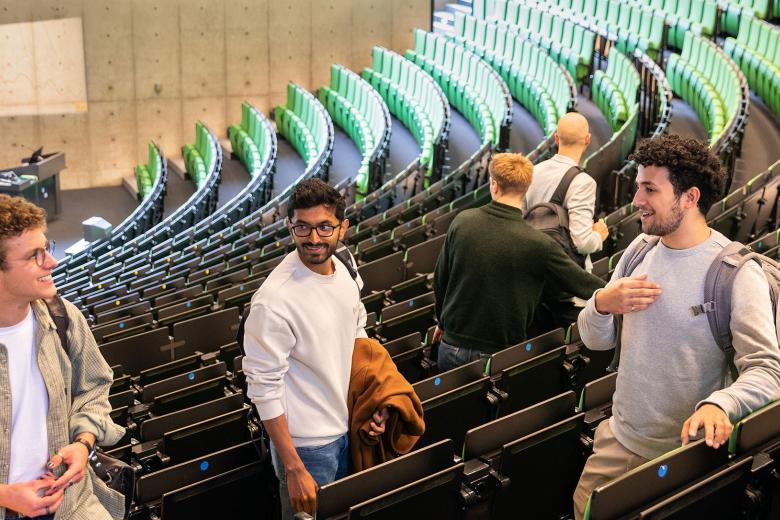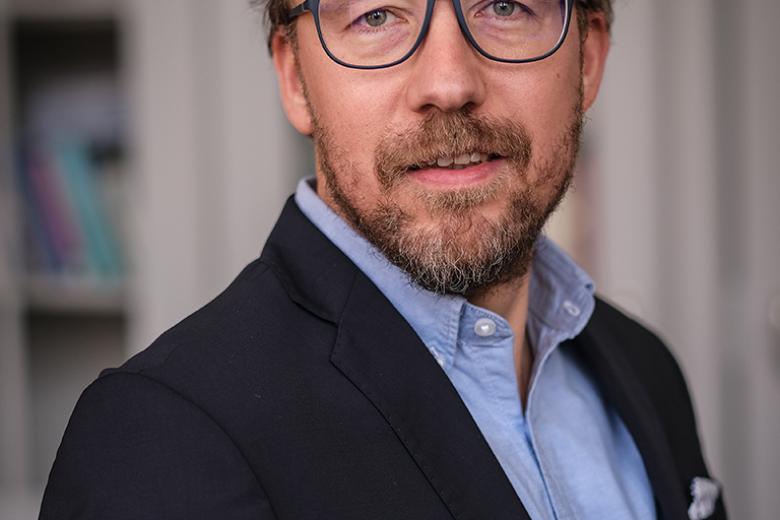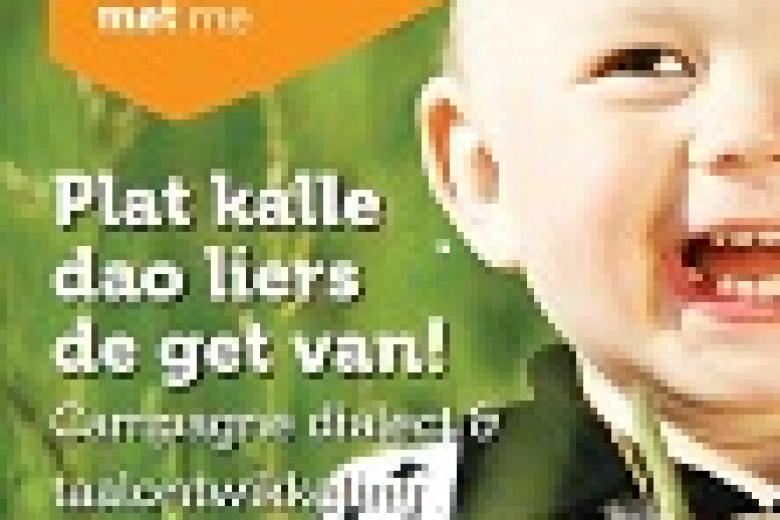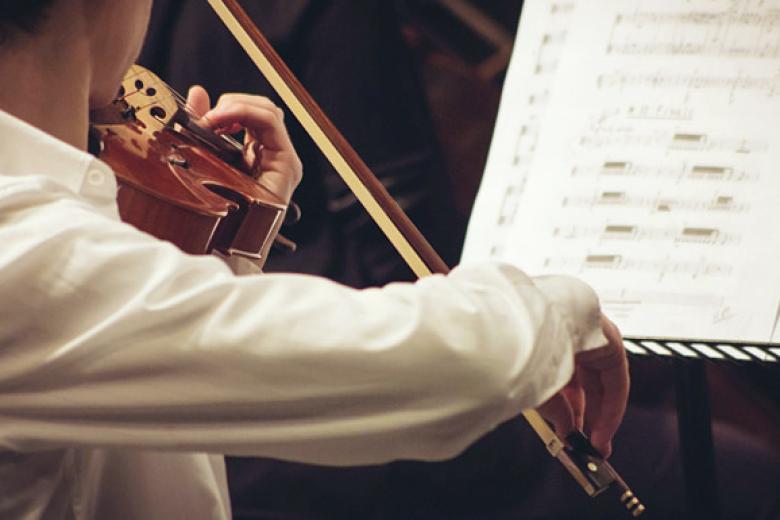Nanobubbles: how, when and why does science fail to correct itself?
Cyrus Mody, Professor of the History of Science, Technology, and Innovation at Maastricht University’s Faculty of Arts and Social Sciences has obtained a Synergy grant from the European Research Council for his project ‘Nanobubbles: how, when and why does science fail to correct itself?’




